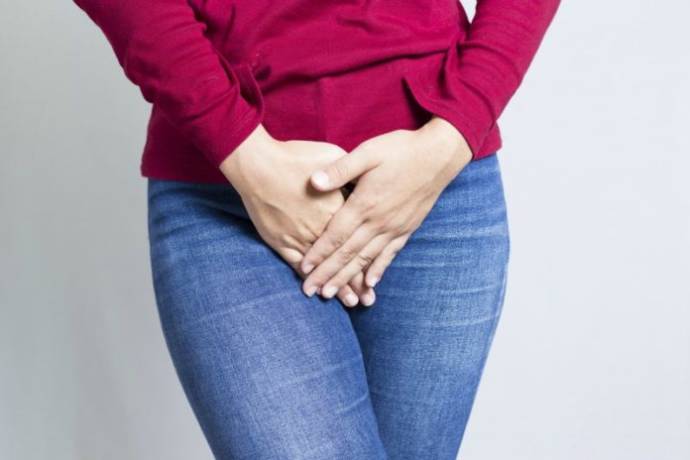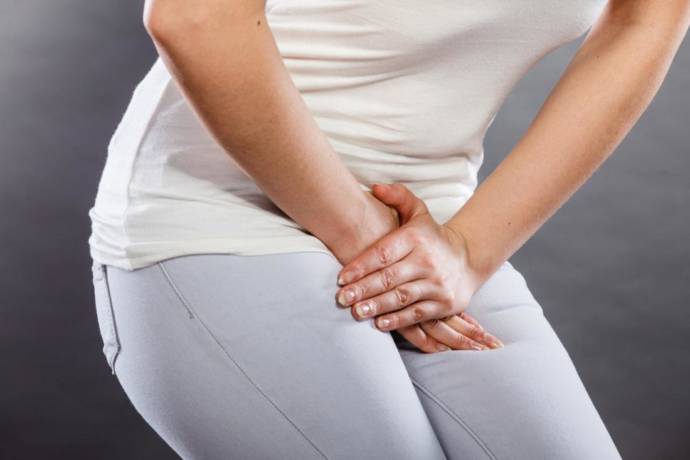Infection can cause anytime to anyone. The best way to avoid such infection is to always keeping yourselves clean and tidy. Yeast is a type of fungus that usually lives in small number in the vagina. If this fungus is present in your vagina in large numbers, then it can cause yeast infection which is very common among women. This infection is not normally serious disease, but it can cause a lot of irritation. Candida albicans is the name of the fungus that can cause yeast infection in your vagina. A strong and healthy vagina will have more number of bacteria and a smaller amount of yeast cells and the bacteria called Lactobacillus acidophilus helps in dropping down the number of yeast. Sometime, taking antibiotics can cause difference in the balance of these organisms, thereby increasing the number of yeast cells in your vagina and can shoe the symptoms of yeast infection slowly. Some other reasons that can cause an increase in the yeast cells are estrogen levels during pregnancy, hormone replacement therapy, diabetes or HIV. Consult a doctor to make sure that whether you have this infection or not.
Yeast is a fungus that normally lives in the vagina area.Its growth is kept under check by the lactobacillus bacteria. But these bacteria fail to work effectively if there is an imbalance in the system. The symptoms of vaginal yeast infections take place when there is an overgrowth of yeast. . These infections are very common and are not usually serious. The treatment for it is also simple.
Symptoms of Yeast Infection
- Itching or soreness in the vagina.
- Pain or burning sensation while urinating or during sexual intercourse.
- Thick and odorless white discharge that may occur a week prior to your menstrual cycle.
Treatments
There are antifungal creams that you can put in your vagina or antifungal tablets that you can consume. If the infection is very mild, then it might get reduced automatically. These infections are very common during pregnancy, see a doctor and get the prescribed medicines for the treatment. In case, if you are using an anti fungal cream to treat your infection, then never depend on a condom or a diaphragm for birth control as the cream that you use may have some medicines that can weaken these contraceptives. Some women might get this infection over and over again, so immediately consult a doctor to make diagnose the causes for this infection.
Prevention
Always keep your vaginal area clean and use mild, fragrance-free soap and water. When you wipe or wash after using the lavatory, always wipe from front to back to avoid spreading bacteria or yeast from the anus to your urinary tract or vagina. Use underwear made of cotton, or any other material that can keep your genital area clean and dry. Avoid using tight jeans, pantyhose etc, continuous use of these tight dresses can increase the moisture and heat in the genital area. Change your sanitary napkins or tampons repeatedly and refrain from using deodorant tampons, sprays, powders or perfumes that can change the usual balance of the bacteria or any other organisms in your vagina. If you are wearing a wet swimsuit for many hours, your genital are can be moist that can lead to increase in yeast infection, so try and change your wet swimsuit as soon as possible.
Causes of vaginal yeast infections
Vaginal yeast infections
These infections are caused by Candida albicans — a specific type of yeast. Imbalance of these microorganisms can lead to overgrowth of yeast and cause symptoms of vaginal yeast infections. This imbalance can be due to taking of antibiotics, pregnancy, hormonal changes due to menstruation, uncontrolled diabetes, weak immune system, poor eating habits, lack of sleep and stress.
Symptoms of vaginal yeast infections
The main symptoms of vaginal infection is itching, soreness in the vagina and sometimes pain and burning while passing urine or on having sex. Some women also have thick white clumpy discharge
Treatment for vaginal yeast infections
In many cases vaginal yeast infection can be treated by some ointments. The treatment of yeast infection depends on it is an uncomplicated or a complicated infection.
Uncomplicated yeast infection
Short-course vaginal therapy
Mild to moderate symptoms and few episodes of yeast infections, can be treated by short course vaginal therapy using antifungal creams, ointments, tablets and suppositories. Side effects of them may include mild burning or irritation while applying.
Single-dose oral medication
There is also a one-time, single oral dose of the antifungal medication prescribed by the doctor. Sometimes two single doses after a three days gap is given to manage severe symptoms.
Over-the-counter treatment
There are ordinary anti fungal vaginal suppositories and creams available over the counter which are effective for many women, and is the safest choice during pregnancy. It is essential to apply this cream for a week.
Complicated yeast infection
Treatment for a complicated yeast infection includes
Long-course vaginal therapy
This treatment is given for seven to 14 days with the help vaginal cream, ointment, tablet or suppository. It can successfully cure the yeast infection.
Multi dose oral medication
There are two or three doses to be taken by mouth instead of vaginal therapy. It is not recommended for pregnant women.
Maintenance plan
In cases when there are recurrent yeast infections the doctor recommends a medication routine to prevent the overgrowth of yeast and future vaginal infections. This maintenance therapy is started immediately after a yeast infection is cleared with treatment. Therapies may include a course of tablets once a week for six months or a vaginal suppository used once a week.
Prevention of vaginal yeast infection
A balanced diet that is rich in fruits,vegetables, whole grains and non-fat dairy products will help to prevent the yeast infection.Always keep a good control over diabetes because blood sugar level are directly connected to yeast infections. The genital area must be kept clean by using a mild soap. Vaginal yeast infection can be controlled by avoiding tight fitting jeans and panty hose as they may increase the body heat and moisture and cause yeast infection. Remove soaked pads and tampons at the earliest.





